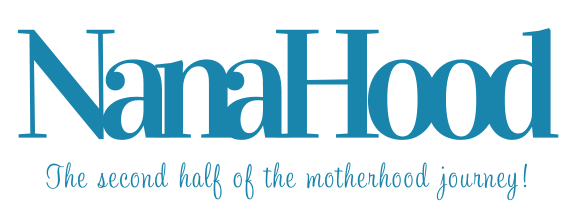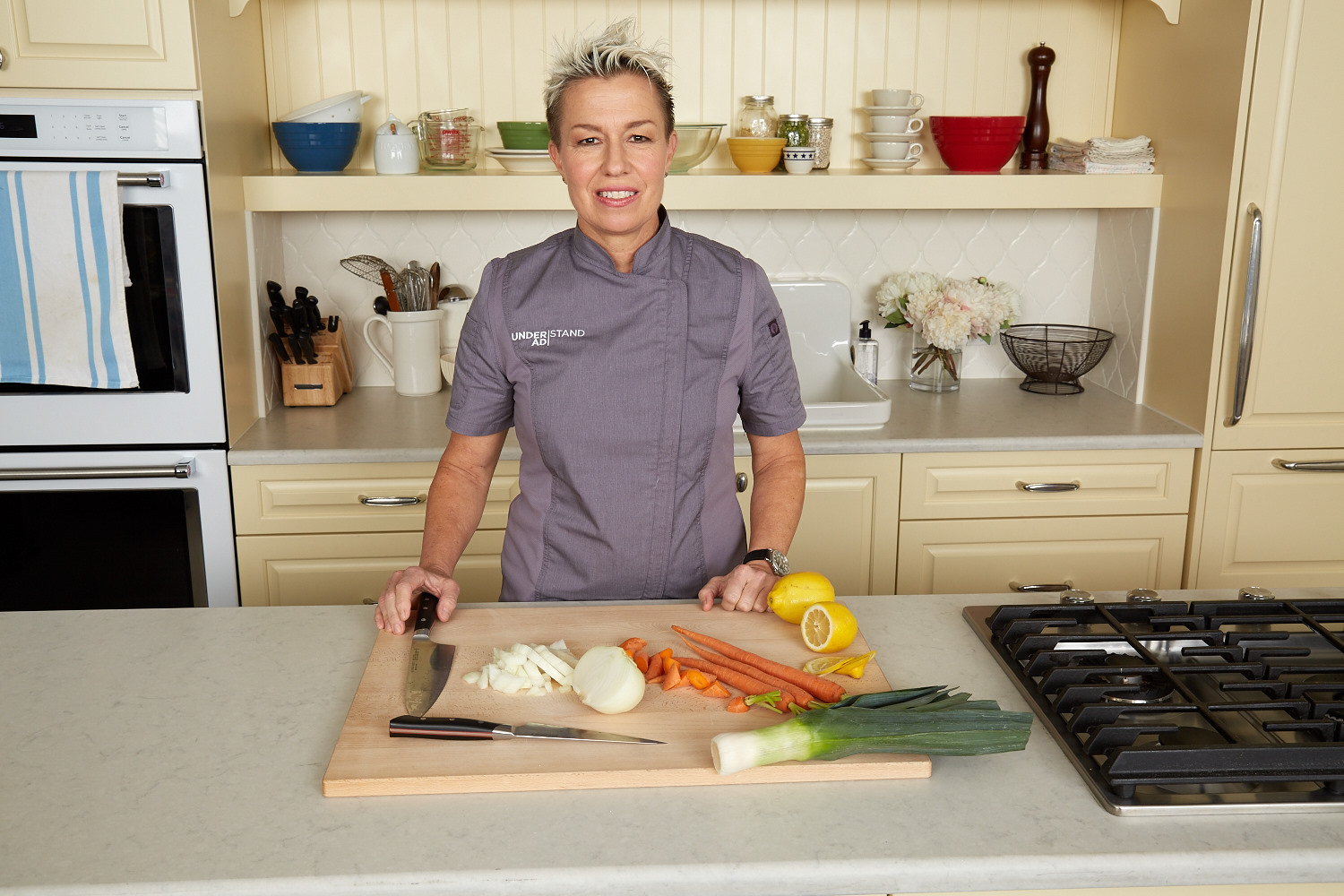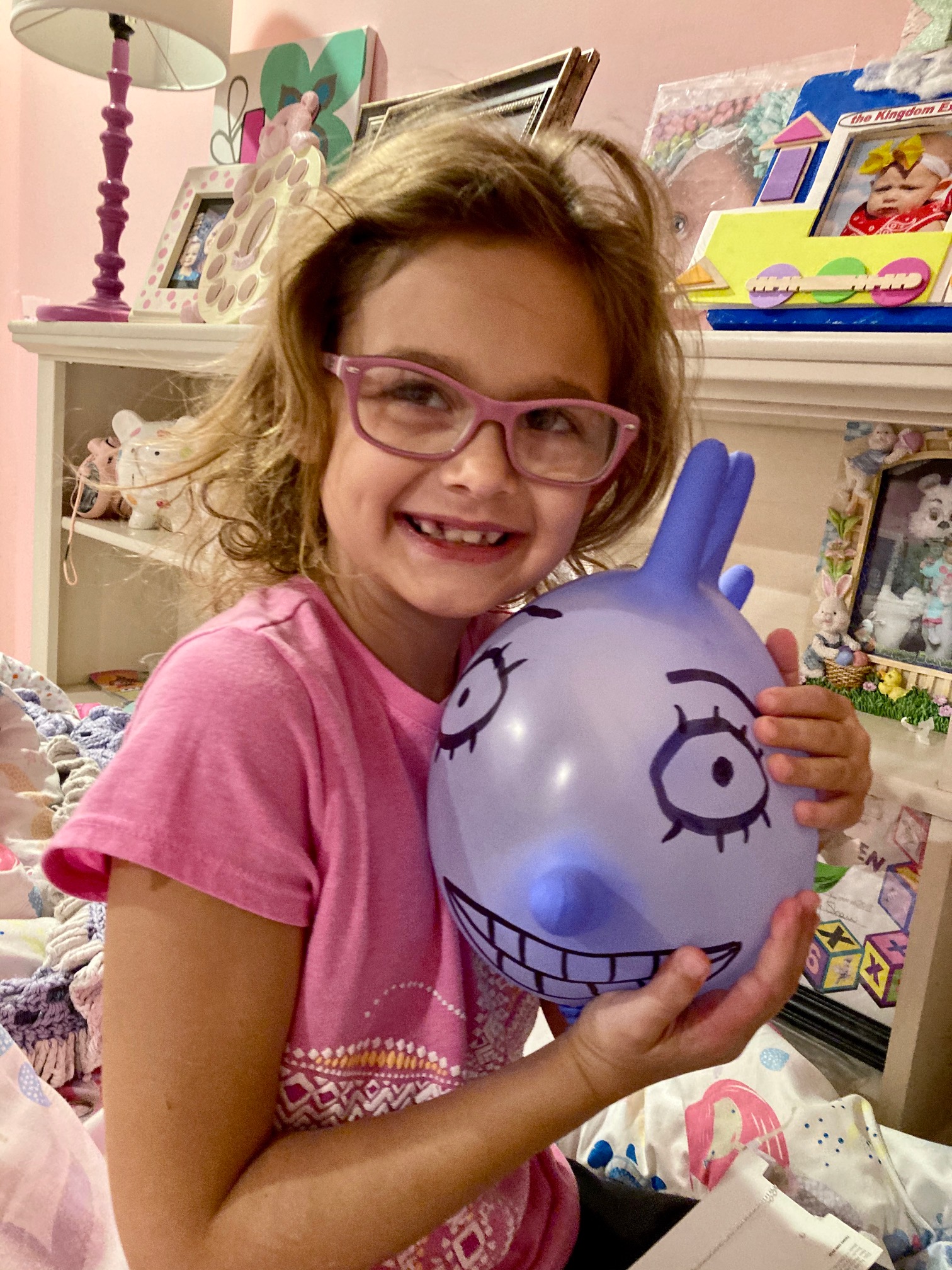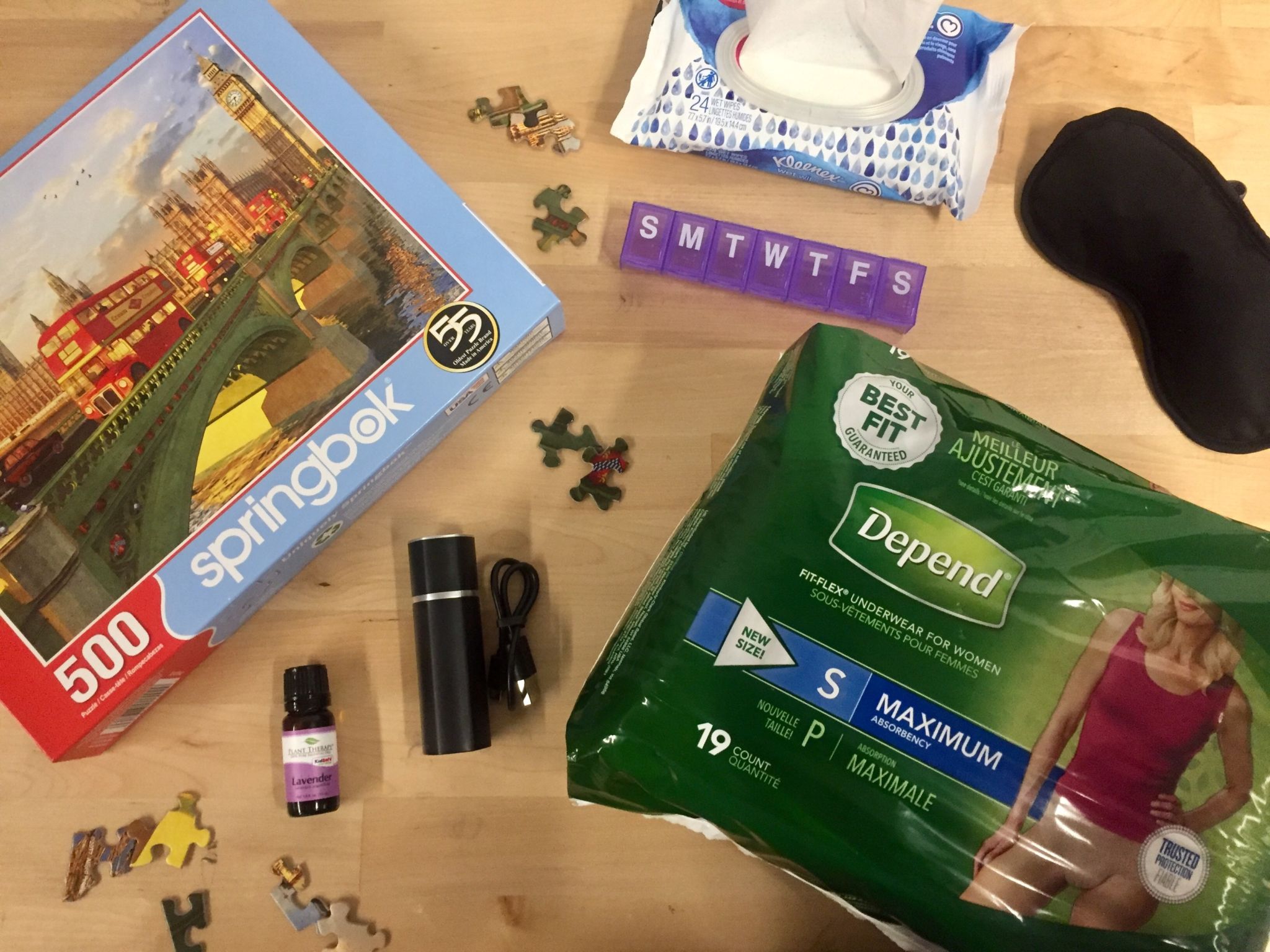DXA Scan and Why It’s Important
Disclaimer: Amgen paid for my travel and hotel, buy my views are my own.
I hadn’t thought of it until Dr. Mary Oates said it, but there are many maintenance checkups that capture more of our attention because of the annual snail-mail reminders. Mammograms and paps are two obvious ones. We even get reminders from the vet for our pet’s annual to-dos. We need to be educated about other core tests though that are potential life game changers. That was just one of the many tidbits I took away from the Amgen Aging Differently Conference on Osteoporosis.
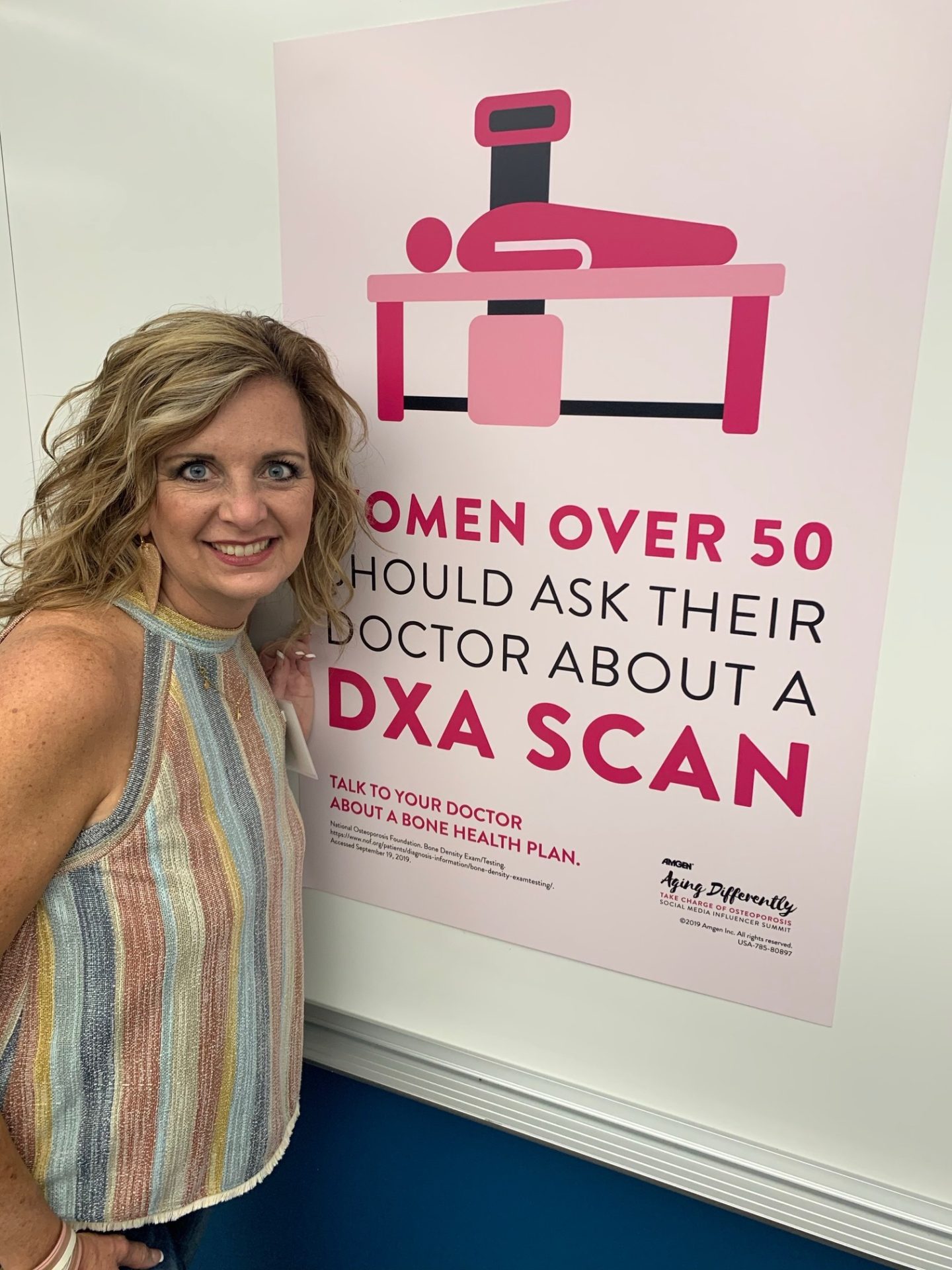
As one of those now aging women, I want and need to pay attention to more things. As a woman with several chronic health conditions, I am frequently at the doctor’s office, so I was surprised there could be a test I hadn’t heard of; however, the DXA scan is one of those tests. As a solo parent, any opportunity to avoid a health issue is of paramount importance.
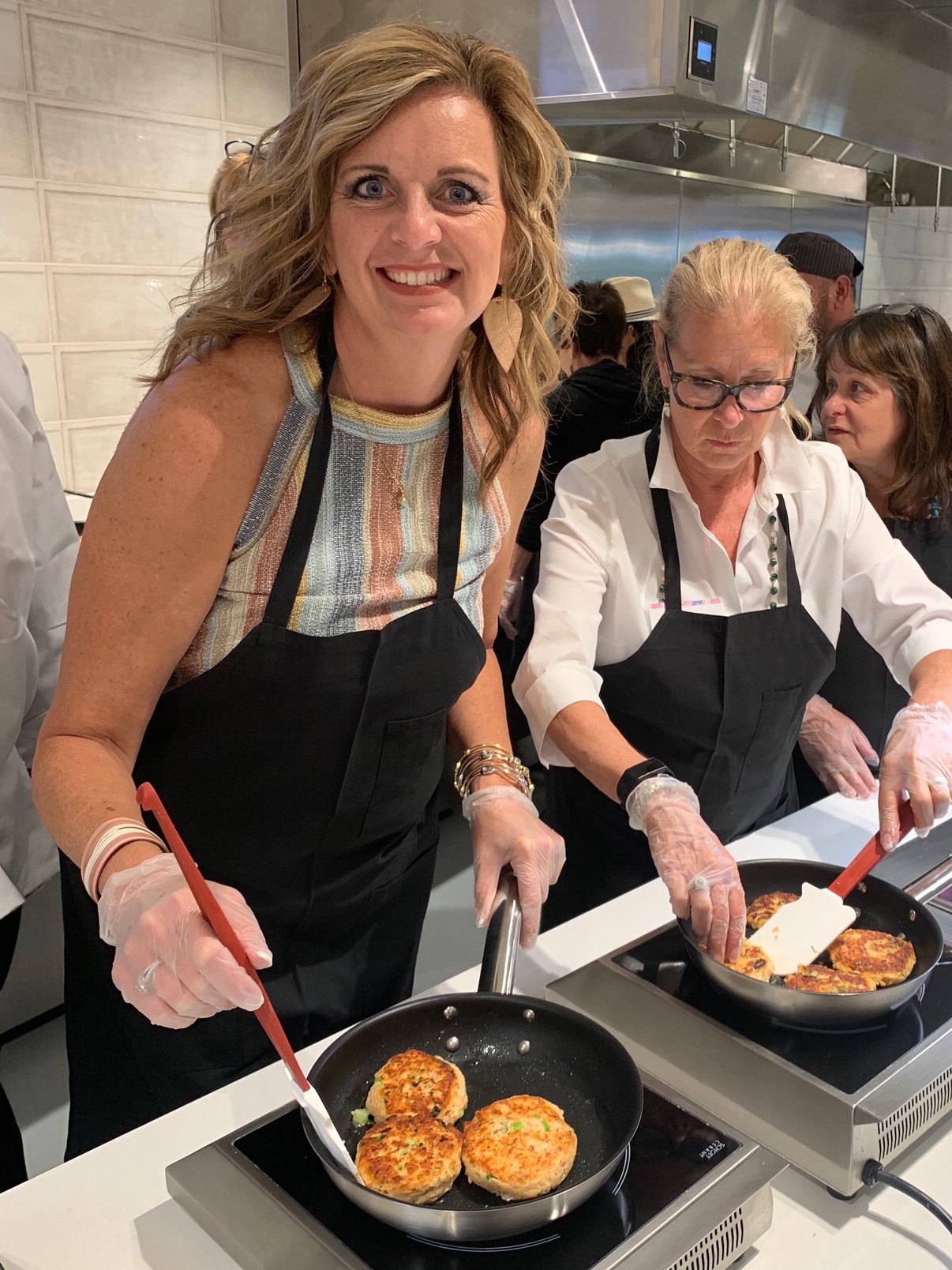
I don’t like talking about it, but a fear of many widowed solo parents is what happens if our health declines? I have two teenaged boys, and neither drives. I have one person who gets paid to help and a couple others who are on a 911 list, but any big health hiccup for me would cause major secondary life issues. I am the parent, and the weight of that can be pretty scary.
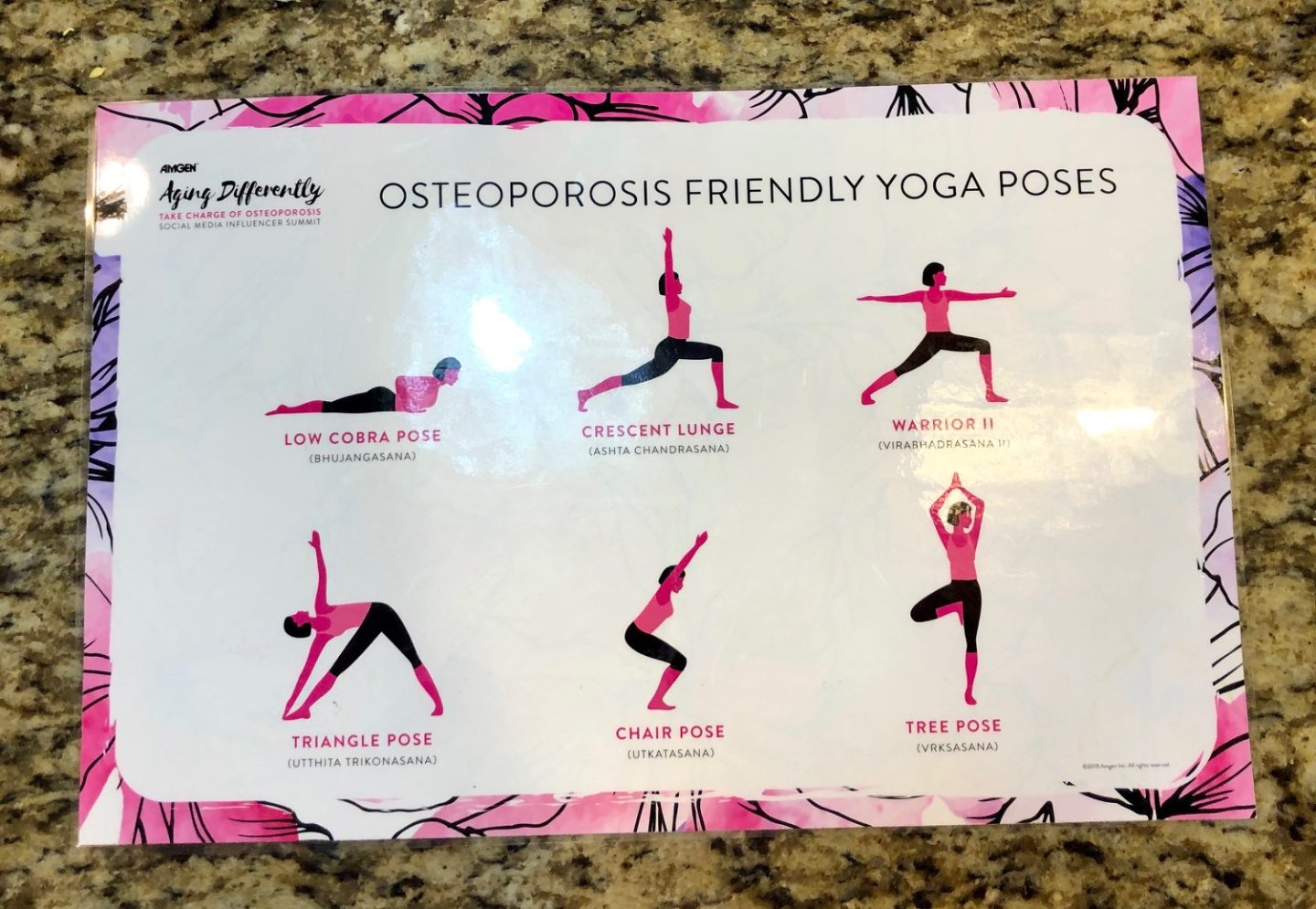
Osteoporosis is a condition that can have its risk identified and have its symptoms slowed and even reversed with conscious effort, so why not take the time and ask the pertinent questions? During our roundtable discussion with some of the top names in bone health, it dawned on me that self-advocacy is indeed the key. Like I said, I see a lot of different docs for a myriad of reasons. I asked the Amgen panel which specialty would be the best choice for bone health, and I was told bone health overlaps lots of areas; therefore, virtually anyone—even the primary care physician—can manage bone health. The discussion just has to be started.
One in two women over 50 will experience a break that is related to osteoporosis. One in two! That was a real wake-up call statistic.
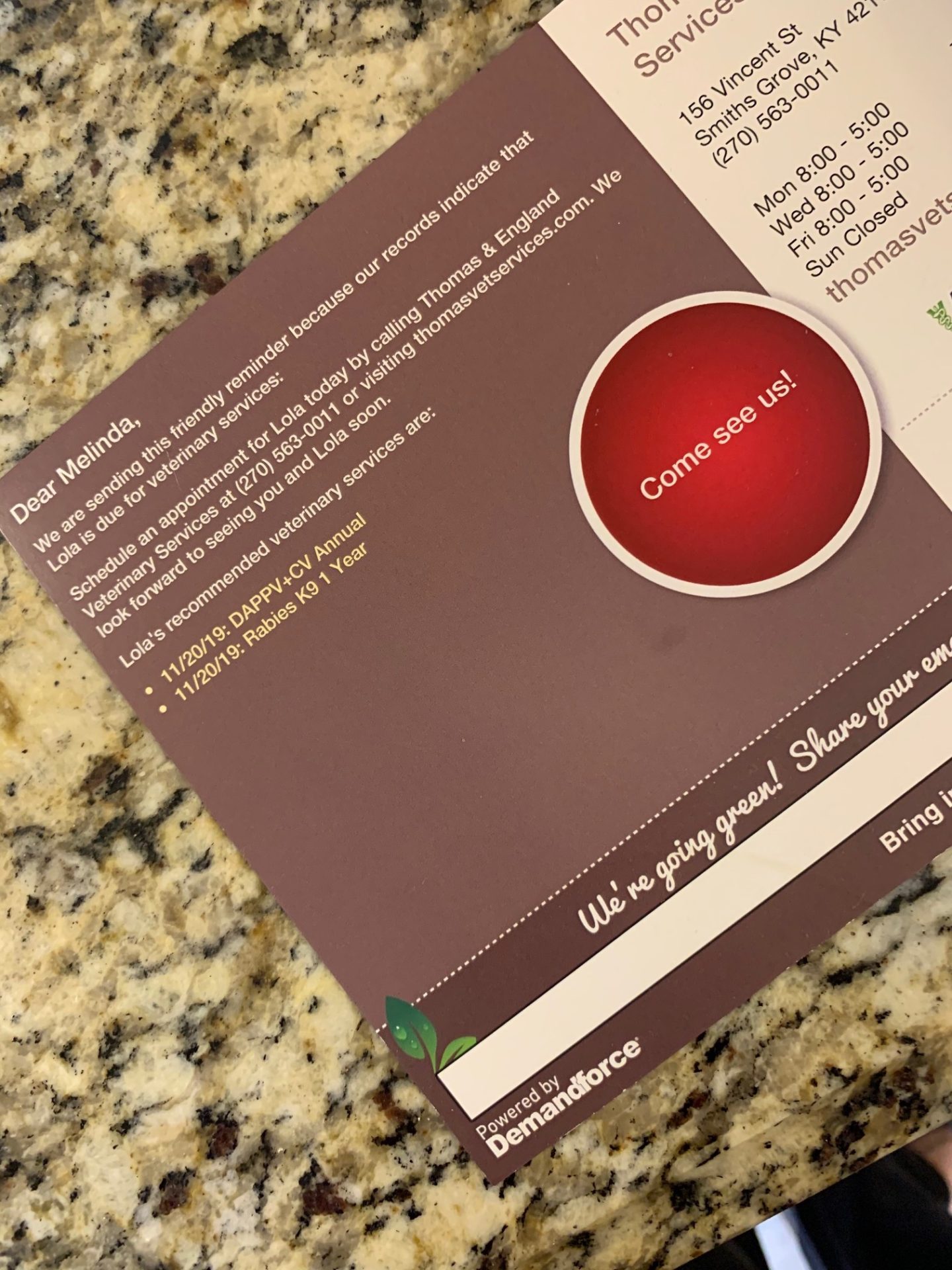
So what’s next for Melinda? At my annual checkup, I will be asking for a referral for the DXA scan. I need to know my status. Next, I will make a more concerted effort to incorporate more calcium and vitamin D into my diet and try to be more diligent about stretching. The food part will be easy. The stretching, not so much, but even with my limitations, I can do something. Something is better than nothing!
Bottomline, these changes have as much if not more to do with my boys as they do me. I will be holding off issues best I can, and I will be setting the example of proactive, self-advocating healthcare.
#Osteoporosis #AgingDifferentlySummit #TakeChargeOfYourHealth #ReflectionsFromTheKitchenSink #MyHealthJourney
Bio-Melinda is a retired educator who currently focuses her efforts on raising her two teenaged boys, advocating for individuals with special needs and against drunk driving, and serving in her local community. Melinda has been gaining recognition for her writings labeled “Reflections from my Kitchen Sink” since the tragic death of her husband Michael in 2015. In her stories, she shares observations from her daily life including moments she has as a solo parent, a widow, and a woman who battles significant health issues including fibromyalgia and depression. BIG ANNOUNCEMENT- New Kitchen Sink Merchandise-Click Here?
